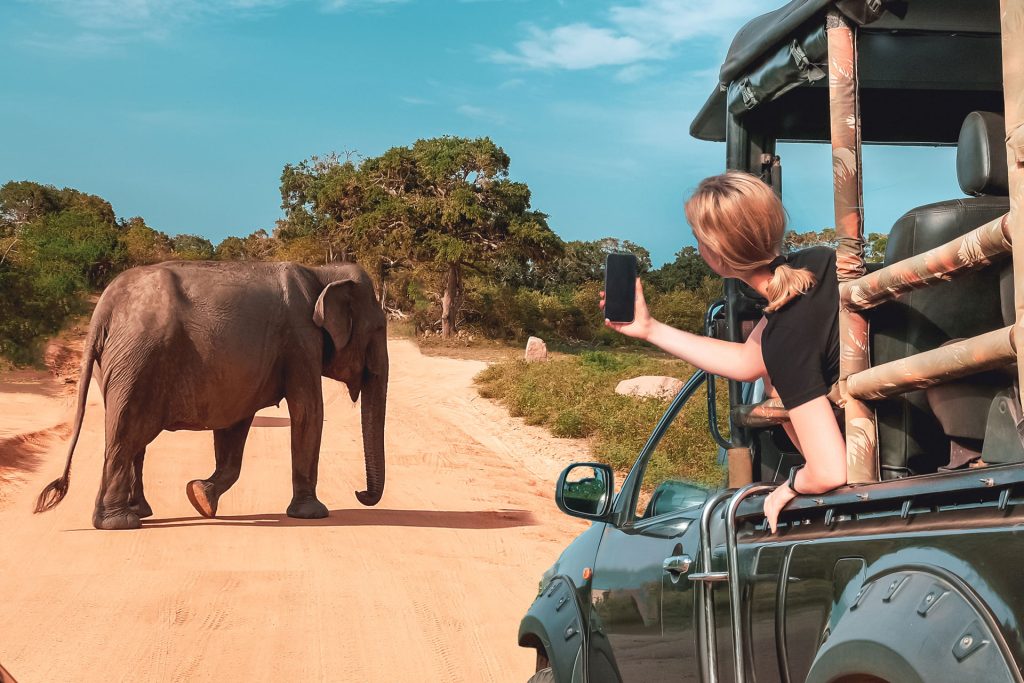Embracing Electric Vehicles and Fossil-Free Fuels
Introduction to Sustainable Tourism in Tanzania
Tanzania is a beacon of sustainability in the realm of tourism. This East African nation has embraced eco-tourism, which is travel that is both environmentally responsible and beneficial to local communities. The integration of electric vehicles (EVs) and fossil-free fuels into its tourism sector, especially within safari experiences, is a bold step towards economic growth, infrastructural development, and environmental preservation.
Tanzania’s Natural Wonders and Eco-Tourism Appeal
The Serengeti National Park, Ngorongoro Crater, and Mount Kilimanjaro are just a few of Tanzania’s natural treasures that draw eco-tourists from around the globe. These destinations offer unmatched opportunities to witness wildlife and support biodiversity conservation. Eco-tourism in these areas not only preserves the environment but also showcases Tanzania’s commitment to sustainable tourism. Learn more about Tanzania’s natural wonders at Tanzania Tourist Board.
The Rise of Electric Vehicles (EVs) in Tourism
The global tourism sector is increasingly adopting EVs due to their environmental benefits. EVs enhance eco-tourism by providing a quieter, emission-free way to explore natural areas. Tanzania’s adoption of EVs in safari tours marks a significant step towards sustainable tourism. For insights into global EV trends in tourism, visit the World Tourism Organization.
Integrating Electric Vehicles in Tanzanian Safaris
In Tanzania, electric safari vehicles are still a novel concept. However, their potential impact is enormous. They offer a quieter, more intimate wildlife viewing experience, significantly reducing noise pollution and disturbance to animals. This shift is both environmentally responsible and elevates the safari experience for eco-conscious tourists. Learn more about Safari Operators and Travel Agents.
Fossil-Free Fuels: Beyond Electric Vehicles
Tanzania’s sustainable tourism initiatives extend beyond EVs. The country is exploring and adopting alternative green energy sources like solar and wind power, which are essential in reducing the tourism sector’s carbon footprint and aligning with global climate change mitigation efforts.
Economic Impacts of Sustainable Tourism and EVs
Sustainable tourism, underpinned by EVs and green energy, has significant economic implications in Tanzania. It leads to job creation, especially in the green energy sector, and supports local economies. Aligning with the Sustainable Development Goals, Tanzania is positioning itself as a leader in responsible tourism practices. Find more about sustainable development in Tanzania at United Nations Development Programme Tanzania.
Modernizing Infrastructure for Sustainable Tourism
Tanzania faces the challenge of modernizing its infrastructure to accommodate EVs. Developing EV charging stations and upgrading roads are necessary for the successful integration of electric vehicles in tourism. These developments support eco-tourism and contribute to Tanzania’s overall infrastructural modernization.
Government and Private Sector Roles
The Tanzanian government and private sector are pivotal in promoting sustainable tourism. Policies encouraging the use of EVs and investments in eco-friendly technologies are essential. These collaborations help set standards and provide incentives for sustainable practices in the tourism industry.
Community Involvement in Eco-Tourism
Local communities are crucial to the success of eco-tourism in Tanzania. Their involvement ensures that the benefits of sustainable tourism are widely shared. Educational programs help communities understand the importance of conservation and their role in eco-tourism initiatives.
Technology Integration in Sustainable Tourism
Digital innovations are increasingly important in eco-friendly travel. Technology makes sustainable travel more accessible and efficient, from online eco-tourism booking systems to apps providing information on EV charging stations.
Environmental Impact of EVs and Fossil-Free Fuels
Adopting EVs and fossil-free fuels significantly reduces the tourism sector’s carbon footprint in Tanzania. This move is vital for conserving Tanzania’s natural habitats and biodiversity, ensuring their preservation for future generations.
Tourist Perspectives on Eco-Tourism and EVs
There is a growing demand among tourists for eco-friendly travel options. Tanzania’s integration of EVs in safaris meets this demand, offering a unique and sustainable way to experience the country’s natural beauty.
Challenges in Implementing Sustainable Practices
Transitioning to sustainable tourism practices involves overcoming financial and technological barriers. Addressing these challenges is essential for the long-term success of eco-tourism in Tanzania.
Case Studies: Successful Eco-Tourism Models
Tanzania can learn from global examples of successful eco-tourism models. These case studies provide valuable insights into best practices and effective implementation strategies.
Future of Sustainable Tourism in Tanzania
The future of sustainable tourism in Tanzania looks promising. With ongoing innovations and a commitment to eco-friendly practices, the country is set to continue its journey towards sustainability.
Call to Action for Sustainable Tourism
Tourists can play a role in promoting sustainable tourism. Choosing eco-friendly travel options and supporting conservation efforts contribute to preserving Tanzania’s natural heritage.

FAQs about Sustainable Tourism and EVs in Tanzania
How do EVs enhance the safari experience in Tanzania? Electric vehicles offer a quieter, more immersive safari experience, minimizing disturbance to wildlife and reducing carbon emissions.
What are the environmental benefits of using fossil-free fuels in tourism? Fossil-free fuels reduce greenhouse gas emissions, helping to preserve Tanzania’s unique ecosystems and biodiversity.
How does sustainable tourism contribute to the local economy in Tanzania? It creates jobs, supports local businesses, and aligns with sustainable development goals, boosting Tanzania’s economy.
What are the challenges in implementing EV infrastructure for tourism? Financial investment, technological advancements, and infrastructure development are key challenges.
How can tourists participate in sustainable tourism practices? Tourists can choose eco-friendly accommodations and activities, support local communities, and minimize their environmental impact while traveling.


